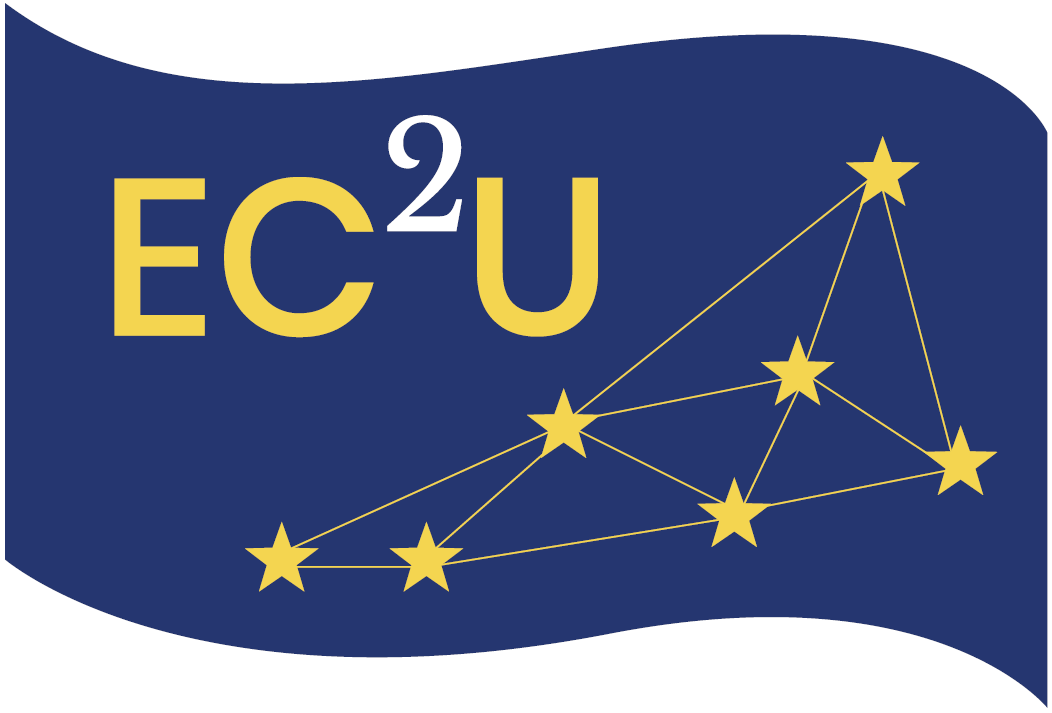The Alliance’s ambition is to develop an innovative space allowing seamless mobility between the universities and associated cities, providing an opportunity for the universities to grow closer by working together. Johannes Kepler University Linz (JKU) Rector Stefan Koch remarked: “Ultimately, it’s about promoting and strengthening our shared European values. Future generations can become more enthusiastic about the EU and its values, such as freedom and democracy, so they can ultimately and actively take part in the European political and social process.”
The JKU Vice-Rector for Research and International Affairs, Alberta Bonanni, is also delighted that the JKU has joined the Alliance: “There is nothing more important for researchers than the opportunity to share ideas with other scientists and scholars. Close partnerships between the participating universities mean that we can incorporate many different ideas and perspectives into research projects and everyone can benefit.”
Linz Mayor Klaus Luger added: “The alliance is an important milestone for our city and our university, promoting international exchange in research. I had the opportunity to experience this for myself at the conference in Poitiers. This will make it easier to create innovative solutions to address global challenges across national borders. The Alliance will positively impact our city and region.”
Markus Achleitner, Minister for Economic Affairs and Research, points out: “Internationalization is key to Upper Austria’s success as a business location. This not only applies to Upper Austrian companies in the country’s top export state, but also to research and science as the Johannes Kepler University benefits from partnerships with the other participating universities. This, in turn, benefits for local companies and ultimately the entire region.”
Discover the Johannes Kepler University Linz
Rooted in regional tradition but endowed with a strong international perspective, the Johannes Kepler University Linz supports and fosters high-quality standards in research and education, aiming to become a top-rated European university. The JKU’s more than 50-year success story includes progressing from an institution of higher-level education in social and economic sciences to becoming one of Austria’s largest educational institutions in university-level education and research.
JKU researchers are at the forefront of cutting-edge developments and engage actively with the community, conveying their expertise and new findings as part of a dialogue with a wider public, the local business community, and cultural institutions. When it comes to education, research, and as part of its third mission (academics and science of and for society), the JKU focuses on both the local and global challenges of our time.
Today, the JKU is a broadly positioned university with core expertise in technology (engineering, computer sciences, natural sciences), social sciences, economics and business, education, law and medicine. The university’s inherent values, visionary outlook, and emphasis on interdisciplinary collaboration create a firm foundation to meet the scientific challenges of our time head on, particularly in regard to digitalization, sustainability, diversity, and inclusion.
The JKU consistently sets new standards and benchmarks. Austria’s first academic degree programs in Artificial Intelligence and Medical Engineering, as well as Austria’s first medical degree program offered as part of a Bachelor/Master system and a pilot Bachelor of Law program, demonstratively express an institution always willing to critically ask questions and adapt research and education to the world we live in.
At the same time, the JKU believes social responsibility to the community is a priority. The university’s award-winning cafeteria, for example, exclusively serves organic meat. The LIT Open Innovation Center was designed as an open-plan research hub to bring science, academia, and real-world practices together, thereby supporting a circular economy and sustainable polymer production.
In addition, the newly renovated campus provides students, employees, and local residents alike with modern infrastructure as well as a vibrant environment to live, work, and recreationally enjoy. The JKU has one aspiration above all: Together with over 24,000 students and its renowned researchers, the JKU intends to first and foremost play an active role in building the future; a future that will inspire and create technological advancements to serve mankind and benefit the environment.
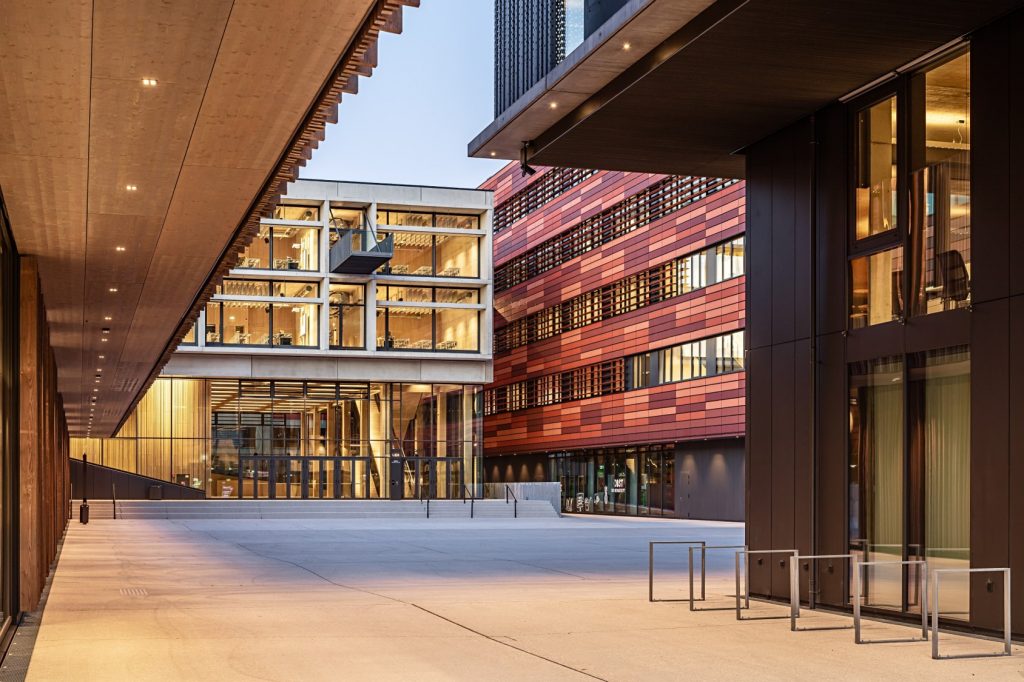
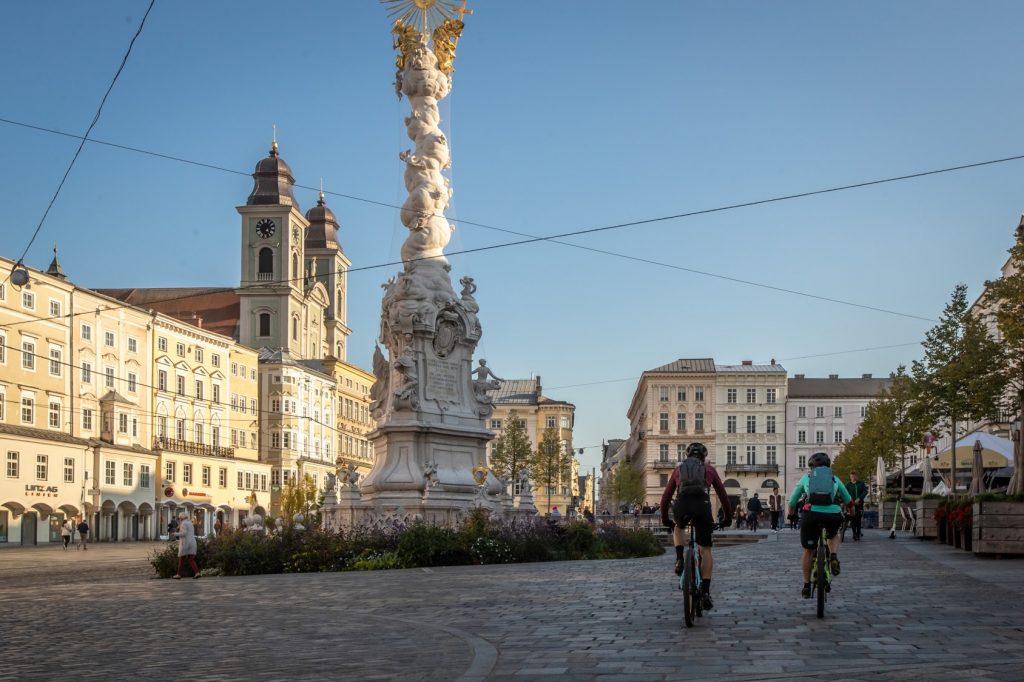
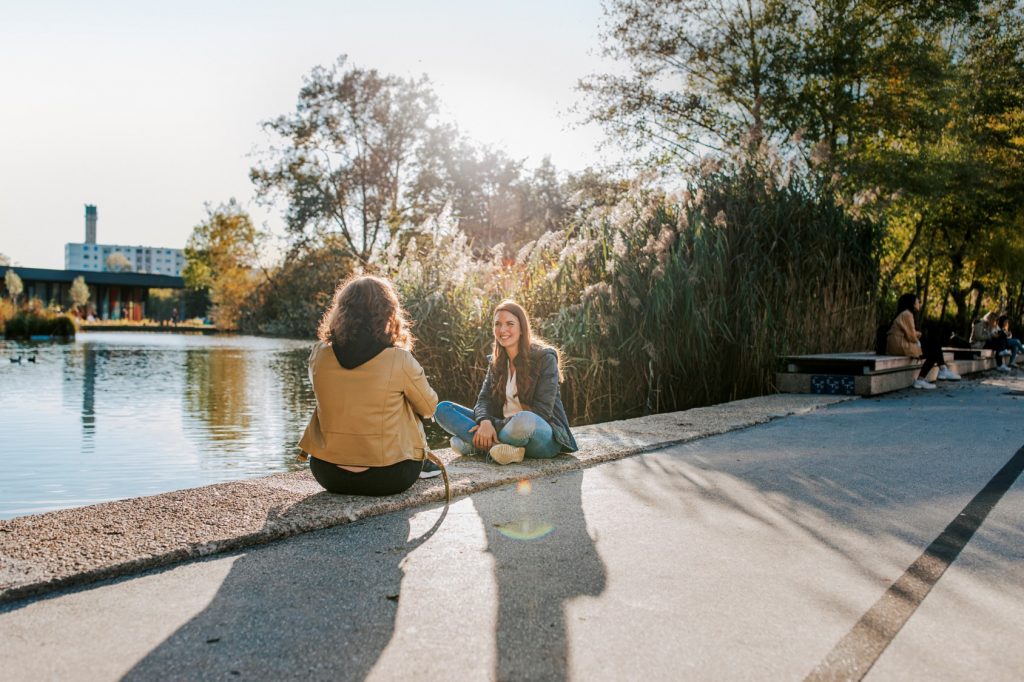
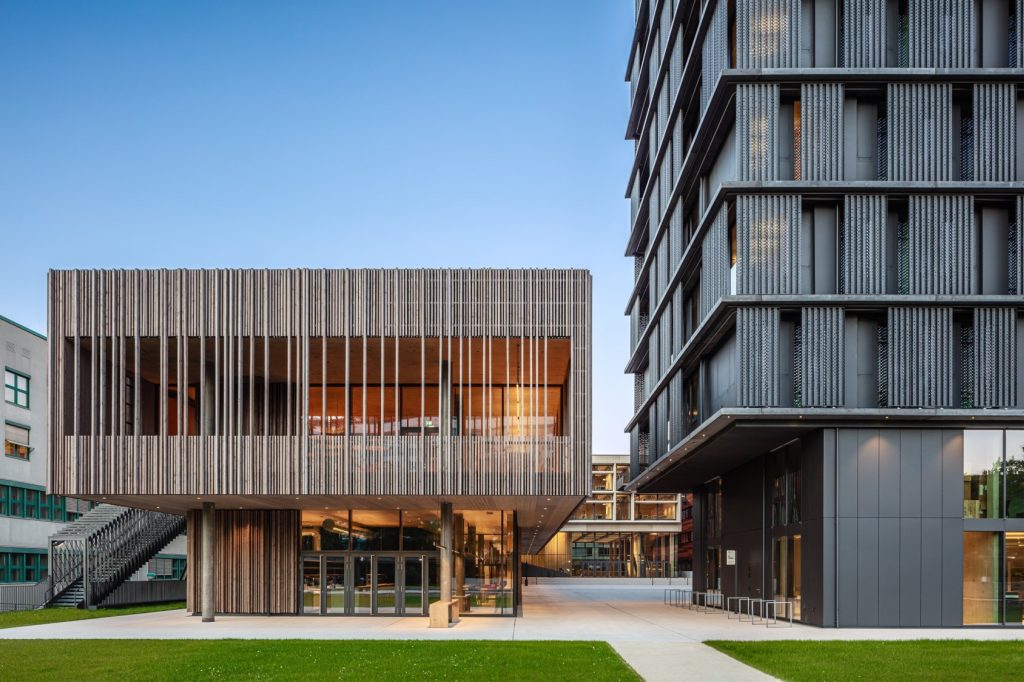
Further information
Visit the university website ► https://www.jku.at/en
